Innovative Projects
When Communities Take Charge: Lessons from Güssing and Local Energy Independence
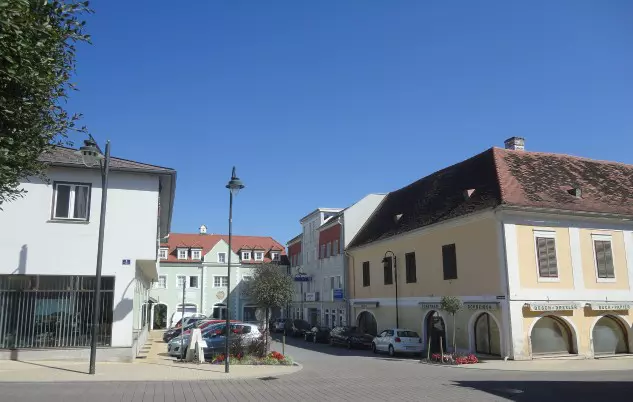
How can cities strengthen resilience while keeping energy value within their communities? This article explores the case of Güssing, a small Austrian town that achieved local energy independence through community-led renewables and smart governance. Its experience offers practical lessons for municipalities seeking sustainable energy systems and local economic renewal.
Read MoreWhen Communities Take Charge: Lessons from Güssing and Local Energy IndependenceRain as a Resource: How LandscapeArchitecture Makes Sustainable Stormwater Management Possible

This article explores how sustainable stormwater management and blue–green infrastructure are redefining the role of rain in contemporary urban design. Through international examples and applied research, it shows how bioswales, SuDS, and sponge-city principles can transform cities into more resilient, ecological, and human-centered environments. From Copenhagen to Stuttgart, the piece reveals how water-sensitive design is becoming a powerful tool for shaping the future of urban resilience.
Read MoreRain as a Resource: How LandscapeArchitecture Makes Sustainable Stormwater Management PossibleThe Journey of Autonomous Buses: Interview with Eran Ofir, CEO of Imagry
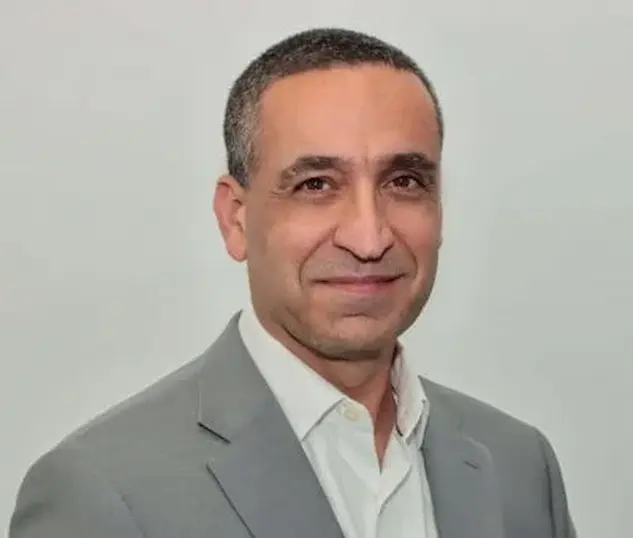
In this interview, Eran Ofir, CEO of Imagry, discusses the rapid progress of autonomous buses and the unique challenges shaping their adoption. While technology and regulation advance quickly, Ofir stresses that public trust remains the key factor driving the future of autonomous mobility.
Read MoreThe Journey of Autonomous Buses: Interview with Eran Ofir, CEO of ImagryCentral Asia’s First Driverless Light Rail: The Future of Smart Urban Mobility in Kazakhstan
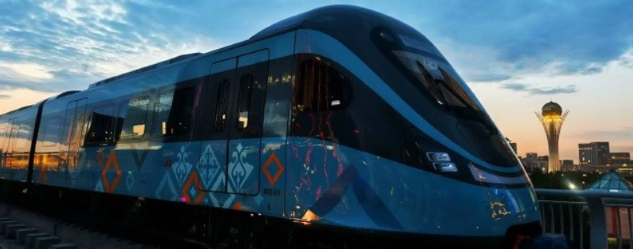
In the article, Huawei’s partnership with Kazakhstan is explored through the development of Central Asia’s first driverless light rail system. Using LTE-M technology, the project aims to enhance urban transit efficiency and passenger experience, with operations expected to begin in 2025.
Read MoreCentral Asia’s First Driverless Light Rail: The Future of Smart Urban Mobility in KazakhstanTranslating Systemic Intelligence into Urban Renewal – Vlorë, Albania
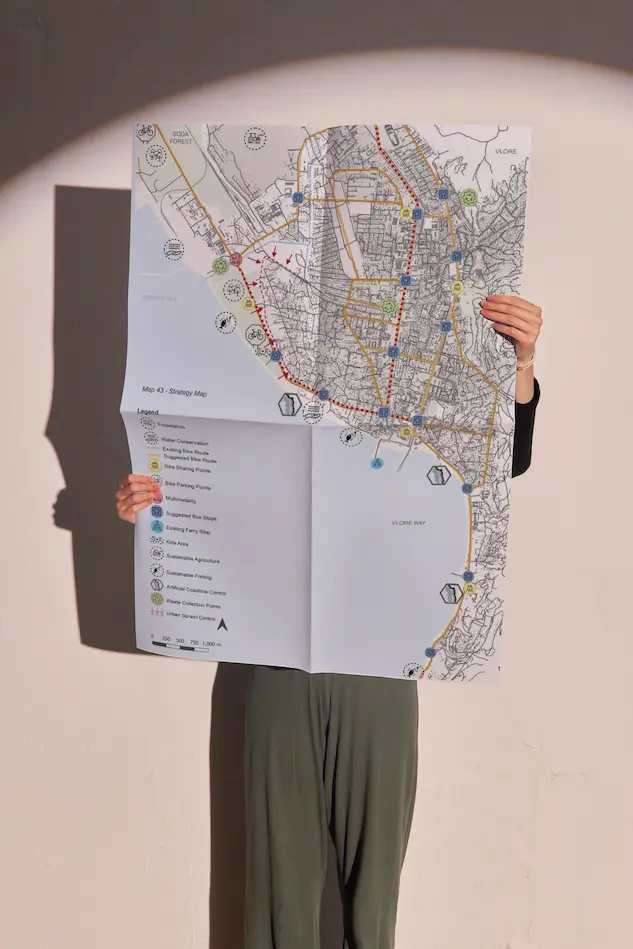
Vlorë, Albania, is redefining urban renewal through systemic intelligence — integrating data, design, and ecology into one adaptive framework. Guided by the IMM methodology and a cross-institutional collaboration, the city turns complexity into clarity, reconnecting people and nature. This case demonstrates how systemic intelligence transforms planning into a living process of regeneration.
Read MoreTranslating Systemic Intelligence into Urban Renewal – Vlorë, AlbaniaBuilding the Invisible Backbone of Smarter Cities: interview with Anatoly Zimin
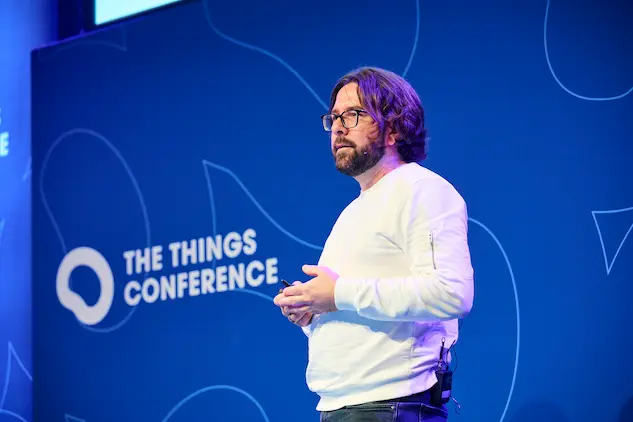
The future of urban technology, Anatoly Zimin reasons, is not about more dashboards or data,but about systems that quietly keep cities running. As the founder of GreenMesh, he develops IoT and AI solutions that connect diverse devices and infrastructures into…
The future of urban mobility: Innovations reshaping our cities
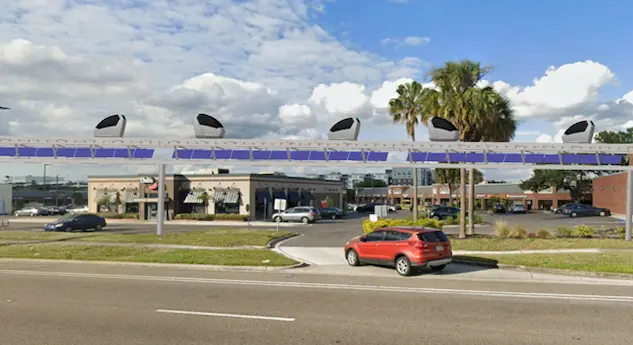
Urban transport is at a turning point. From autonomous pods and vertical mobility to integrated smart city solutions, the future of urban mobility promises cleaner, faster, and more flexible travel. Discover how global innovators are reshaping cities to make transportation sustainable and human-centred
Read MoreThe future of urban mobility: Innovations reshaping our citiesCross-Border Smart City Ecosystem: How Helsinki and Tallinn Built a Shared Future

Helsinki and Tallinn joined forces to build a cross-border smart city ecosystem that bridges innovation and sustainability. Through the EU-funded FinEst Twins project, the cities piloted real-world solutions for clean energy, data, mobility, and healthcare. This model shows how collaboration across borders can scale urban resilience and improve quality of life worldwide.
Read MoreCross-Border Smart City Ecosystem: How Helsinki and Tallinn Built a Shared FutureShenzhen Sets a New Benchmark for Cruising-Network Synergy with China’s First Smart Taxi Platform
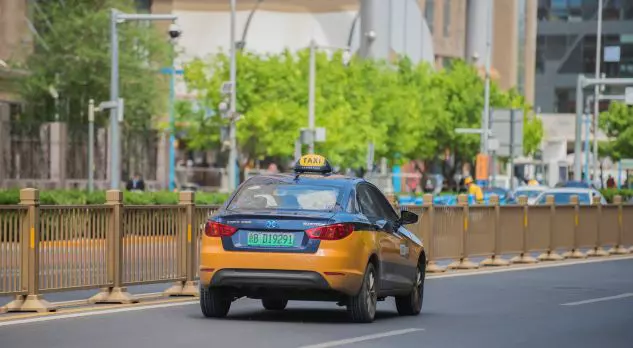
Shenzhen has unveiled “SZ Sit in Taxi,” China’s first smart taxi platform, setting a new global benchmark for Cruising-Network Synergy. By merging AI, data-driven dispatch, and scenario-based services, it transforms the taxi sector into a more transparent, efficient, and human-centered mobility ecosystem for both passengers and drivers.
Read MoreShenzhen Sets a New Benchmark for Cruising-Network Synergy with China’s First Smart Taxi PlatformMapping Equitable Access to the City with CThood: Interview with Vasileios Milias.

How accessible is your neighborhood, really? In this interview, researcher Vasileios Milias shares how CThood is redefining urban equity through open data and visual tools.
Read MoreMapping Equitable Access to the City with CThood: Interview with Vasileios Milias.